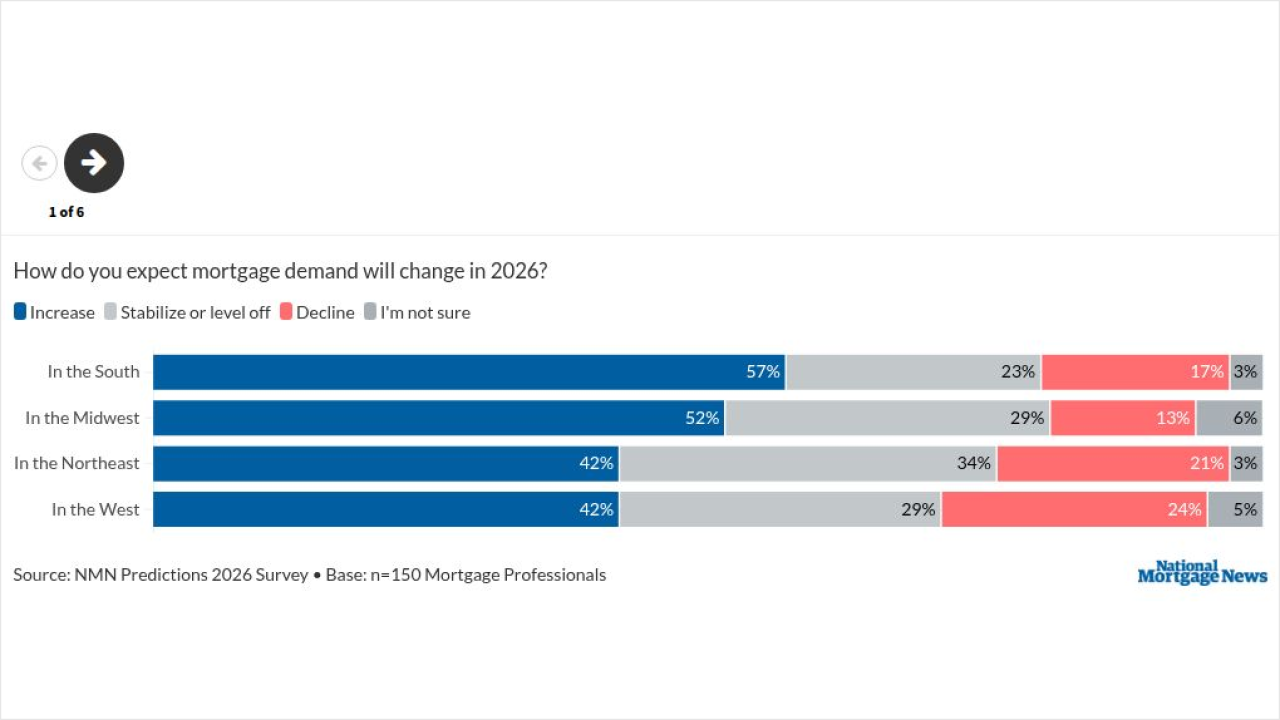
Credit Suisse Group announced Monday that it has agreed to what's likely to be its final regulatory settlement related to residential mortgage-backed securities sales that date back to the mid-2000s.
In the settlement with New Jersey Attorney General Matthew Platkin, Credit Suisse agreed to pay $495 million to resolve allegations it had failed to disclose material defects in $10 billion of private securitizations, which the AG had claimed caused $3 billion in damages.
The agreement resolve the last — and largest — legacy RMBS lawsuit Credit Suisse had pending involving a regulator, but also the company's largest remaining lawsuit of this type.
Credit Suisse said it was "fully provisioned" for the settlement and that it is part of a larger effort it is making to "pro-actively resolve litigation and legacy issues."
The settlement includes roughly $300 million in restitution for investors and a $100 million civil money penalty that will be one of the largest in the Garden State's history if it receives court approval, according to a press release issued by Platkin. The New Jersey AG's office had alleged that Credit Suisse perpetrated much of its fraud through an office in Princeton. Credit Suisse neither admitted nor denied guilt in the matter.
"This agreement in principle holds Credit Suisse accountable for the loss of billions of dollars that helped put the nation in financial crisis," First Assistant Attorney General Lyndsay Ruotolo said in the press release. "It has taken more than a decade of investigation and litigation to reach this historic result, but we never wavered in our resolve to get here."
Widespread, loose underwriting during a housing boom in the mid-2000s led to massive underperformance of loans, foreclosures and litigation, with the final legal outcomes starting to surface. Bank of America
The




